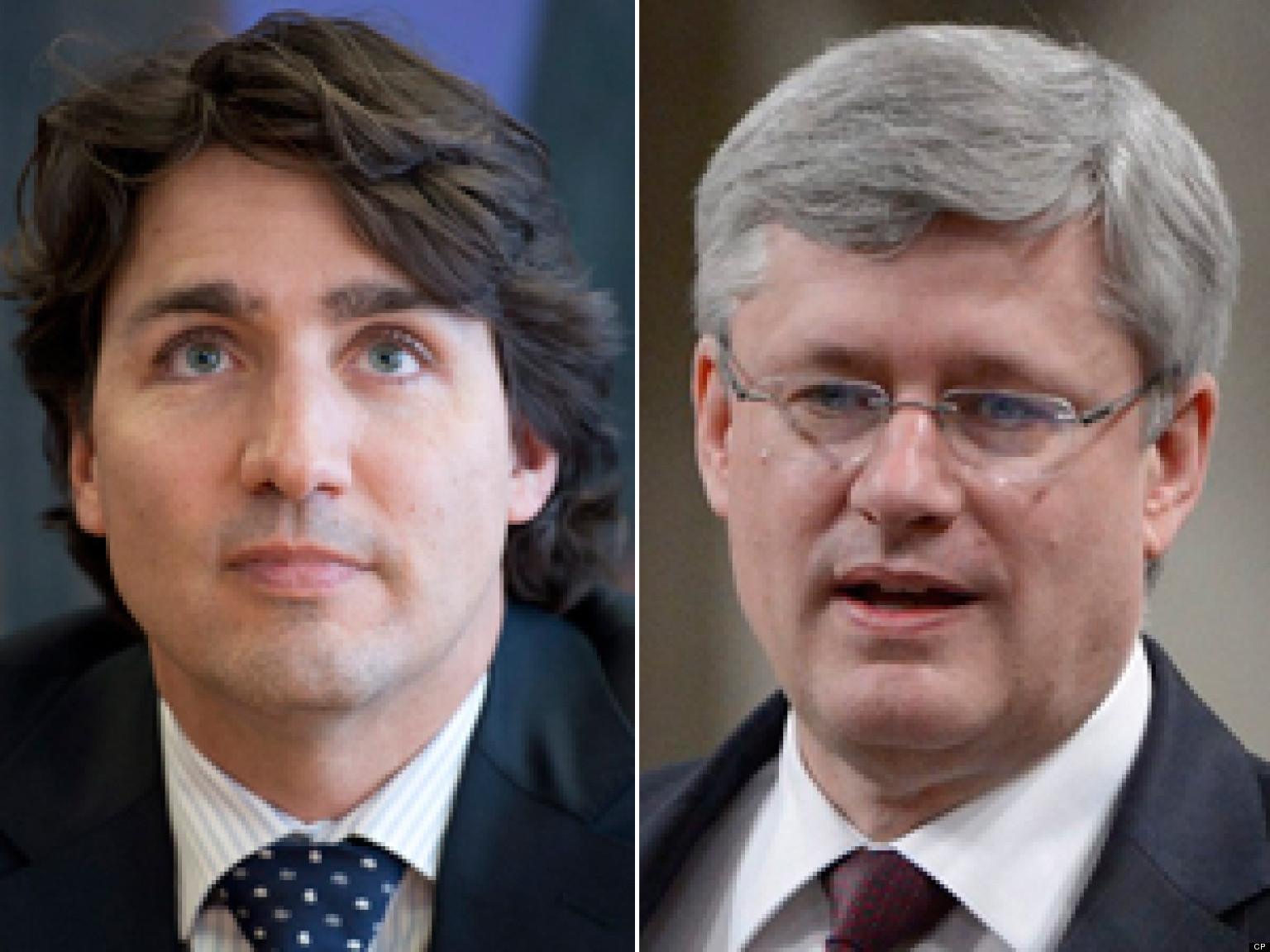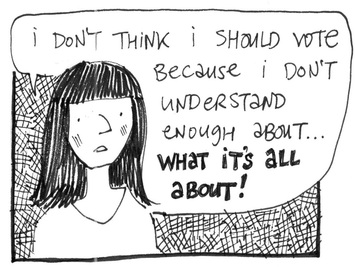I wonder what will change in 2016: will the year bring any
great leaps, other than February 29? Or, as usual, will it be much like the old
year, just more of the same?
For once, I expect a lot more difference than usual, and the
reasons are purely political. This past fall, our flawed electoral system did
what it does best; based on a relatively small swing in votes, it took false
majority power away from one party with minority political support and gave it to another, leading to a massive and ongoing reversal of the past decade of
Conservative federal policy, at great expense to Canadians. While I do support
many of the new directions this government is taking, such as a more human face
to our foreign policy and a strong leadership role in international climate
action, this radical shift demonstrates the flaws in how we elect governments.
It still doesn’t make sense for 39% of voting Canadians to choose a government
that has 100% of the power.
 |
| Them's electing words! |
But what’s funny about this likely change are the demands,
mainly from supporters of the status quo, that any electoral system reform come
only after a successful referendum vote where more than 50% vote for the
change. This flies completely in the face of the underlying value of our
current electoral system, the one they would have us retain, where decisions
aren’t made by a 50%+ majority, but by the “majority” of MPs elected with a
mere 39% of votes. Our system didn’t require a referendum to erase the Navigable Waters Act, an important law dating back to 1882. It didn’t take a
referendum to cancel the federal long gun registry. Despite a clear majority ofvoters supporting climate action and an investigation into missing and murdered
aboriginal women, those actions were snubbed by our former government.
Certainly they didn’t put it to a referendum when they tinkered with many key
aspects of our voting system in the so-called Fair Elections Act. On many of
those files, they invoked closure in the House so there wasn’t even a full
debate among MPs before the “majority” government had their way.
The basic principle behind first-past-the-post is that
whichever party forms a “majority” based on enough local riding pluralities
gets to make (and change) the laws. Anyone who argues that such changes should
instead require support of 50%+ of voters in a referendum is, in effect,
arguing for proportional representation, because under PR, only laws that have
more than 50% voter support will pass. So which do you want, the “powerful,
stable” false majority governments that FPP elects, or a proportional system
that actually reflects voter desires? Because you can’t use the latter
principle to argue for the former.
Published as my Root Issues column in the Barrie Examiner as "Tinkering with the voting system"
Erich Jacoby-Hawkins is
the vice president of the Robert Schalkenbach Foundation.
















